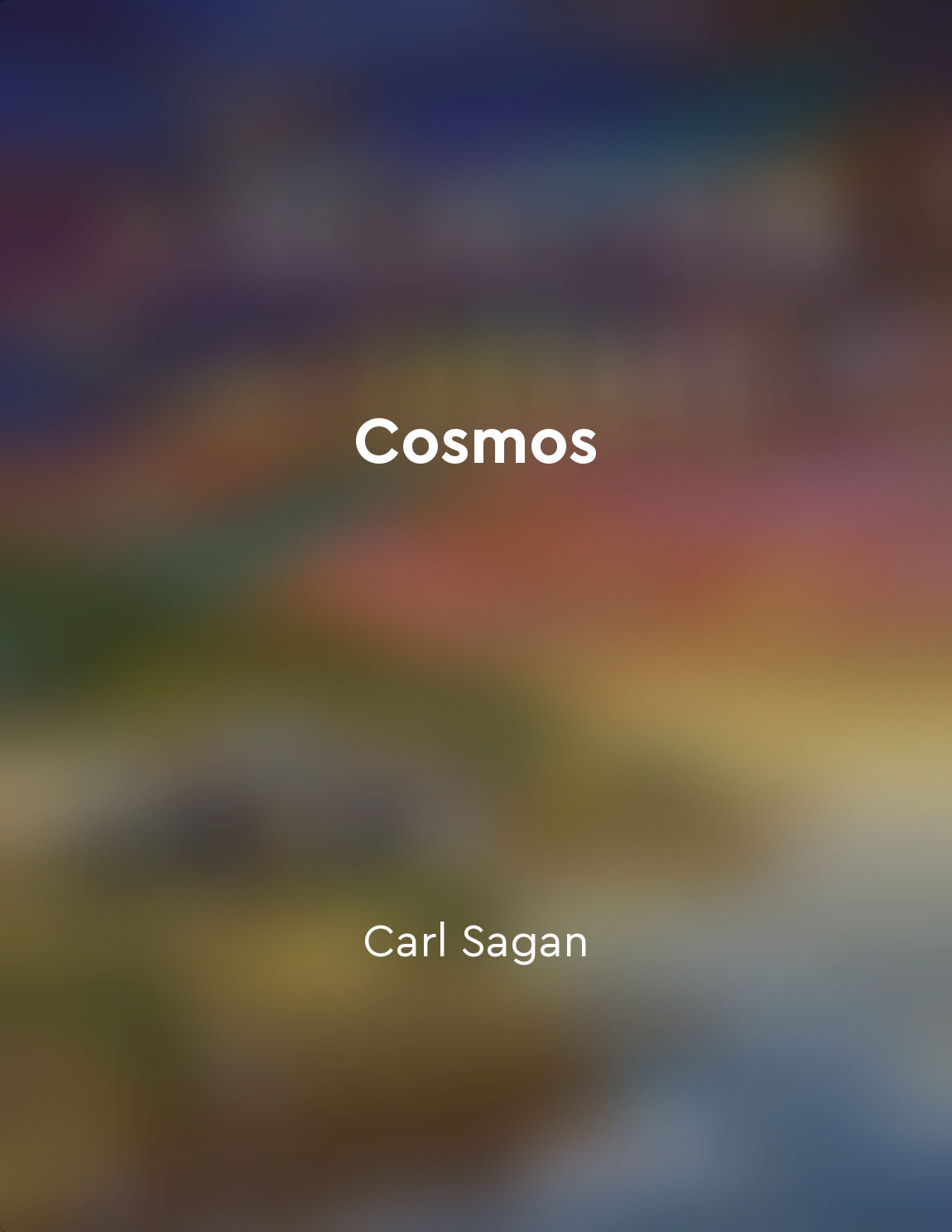Science provides a more reliable framework for understanding the universe from "summary" of The God Delusion by Richard Dawkins
The exploration of the universe reveals a fundamental truth: empirical evidence and the scientific method offer unparalleled reliability in understanding complex phenomena. Unlike faith-based beliefs that often rely on tradition or dogma, empirical inquiry demands observable, testable, and falsifiable claims. This distinction is crucial—while faith can lead to conviction without evidence, science continually evolves, adjusting its theories based on new data. Consider the historical progression of scientific thought. Each discovery builds upon previous knowledge, creating a robust structure of understanding. From Newton’s laws of motion to Einstein’s theory of relativity, the trajectory of scientific advancement illustrates a methodical approach that seeks to explain the workings of the universe through observation and experimentation. This iterative process not only corrects errors but also refines our comprehension, leading to more accurate models of reality. The universality of scientific principles transcends cultural and religious boundaries. Gravity affects a falling apple just as profoundly in a church as it does in a laboratory. This objectivity fosters collaboration and progress, allowing diverse minds to contribute to a shared understanding. In contrast, the subjective nature of religious beliefs often leads to division and conflict. The ability to predict outcomes is another hallmark of scientific inquiry. Theories verified through experimentation generate predictive power, enabling advancements in technology and medicine. This predictive capability, grounded in reliability, showcases the effectiveness of a systematic approach to understanding the world around us. In a universe filled with mystery and complexity, reliance on a method that is adaptable, evidence-based, and collaborative stands out as the most effective way to unlock its secrets. The clarity of scientific reasoning illuminates the path toward a deeper understanding of existence itself.Similar Posts
General theory of relativity explains large scale phenomena
The General Theory of Relativity, formulated by Albert Einstein in 1915, is a fundamental theory in physics that describes grav...
Awaits the next adventure with open arms
The universe is a vast and unpredictable place, filled with endless possibilities and adventures waiting to be had. For those w...
Symmetry and asymmetry are fundamental principles in nature
Symmetry is a fundamental principle in nature. It is the idea that certain aspects of the world are invariant under specific tr...

Intelligent life may exist elsewhere in the cosmos
The idea that there might be other beings as clever or cleverer than we are, inhabiting some other world in our galaxy or beyon...
Engaging with the language of mathematics
One of the most fundamental aspects of delving into the realms of theoretical physics is the necessity of engaging with the lan...
The pursuit of the god equation is a testament to the indomitable human spirit and our relentless quest for knowledge and understanding
In our ceaseless journey to unravel the mysteries of the universe, the pursuit of the god equation stands as a shining example ...
